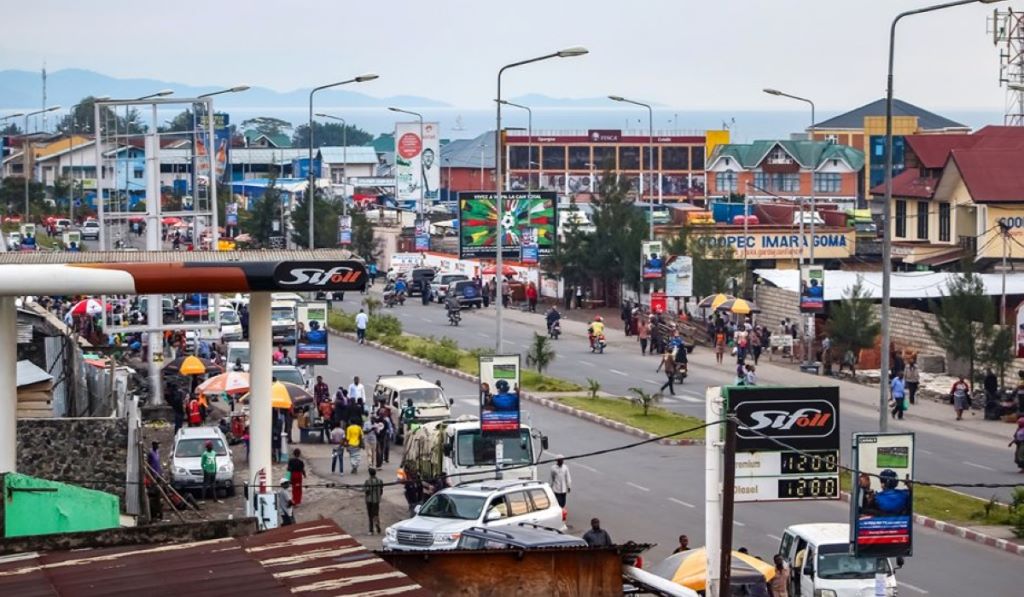South Sudanese Citizens Struggle To Make Ends Meet Amid Rising Inflation
"The cost of living is becoming very high because products in the market have become very expensive. Families either have to forgo some meals or opt for cheap alternatives that are not nutritious," Jura told Xinhua in Juba, the capital of South Sudan.

South Sudanese citizens said they are struggling to make ends meet as the National Revenue Authority (NRA) plans to double taxes on imported commodities.
Mariam Juru, a mother of four, said her family had been affected by the skyrocketing prices of food commodities in the market, adding that once the government increases tax, hardships could escalate.
“The cost of living is becoming very high because products in the market have become very expensive. Families either have to forgo some meals or opt for cheap alternatives that are not nutritious,” Jura told Xinhua in Juba, the capital of South Sudan.
ALSO READ: More than 2m Food Insecure Sudanese To Benefit From World Bank Emergency Safety Net Project
The country’s revenue body issued an order last week, raising the tax exchange rate on imported goods from the initial 45 South Sudan pounds (SSP) to 90 SSP per U.S. dollar. It will be effective from August.
Morris Madut Kon, head of the department of the School of Economics and Social Studies at the University of Juba, warned that doubling taxes will make life unbearable for the citizens.
“There will be a transfer of tax burden to the consumers because once the tax exchange rate is increased from 45 SSP initially to 90 SSP per U.S. dollar, it means the importers will be forced to pass the burden to consumers,” Madut told Xinhua.
Hanna John, a trader who deals in clothes, perfumes, and body lotions, said sales have slumped, adding that the future of her business is at stake if the government goes ahead with the planned tax hike.
ALSO READ: UN Humanitarian Agency Appeals For Urgent Funds To Avert Food Crisis In Horn Of Africa
South Sudan is grappling with an economic downturn, and the country’s currency has fallen to a record low against the U.S. dollar, leading to reduced earnings from oil export.
Tinga Fatma, a trader who imports her goods from Uganda, Kenya, Ghana, and Tanzania, said that she will be forced to raise the prices of her commodities once the tax increase takes effect in August, “to the detriment of our clients.”
Robert Pitia Francis, the chairperson for the Central Equatoria State Chamber of Commerce, said the government’s plan to double the taxes could worsen inflationary pressures for citizens.
“The current economic situation is not rosy and additional taxes could hurt ordinary citizens,” Pitia said.







